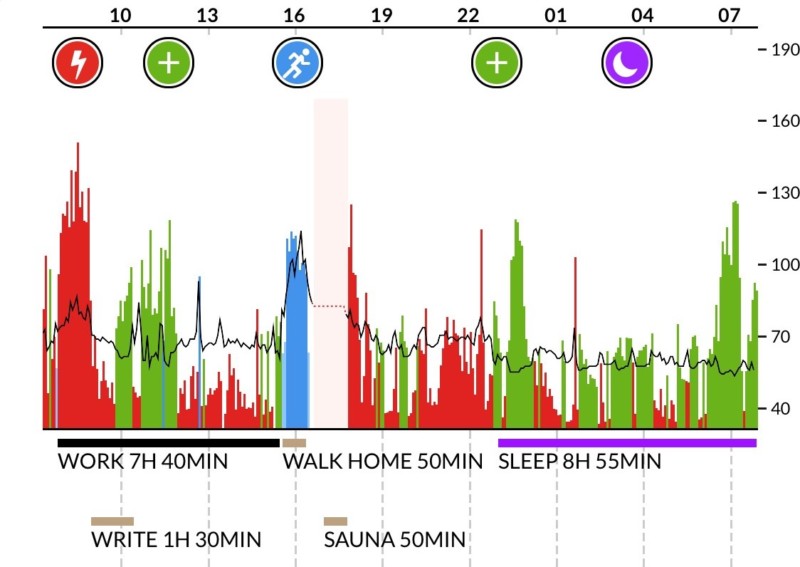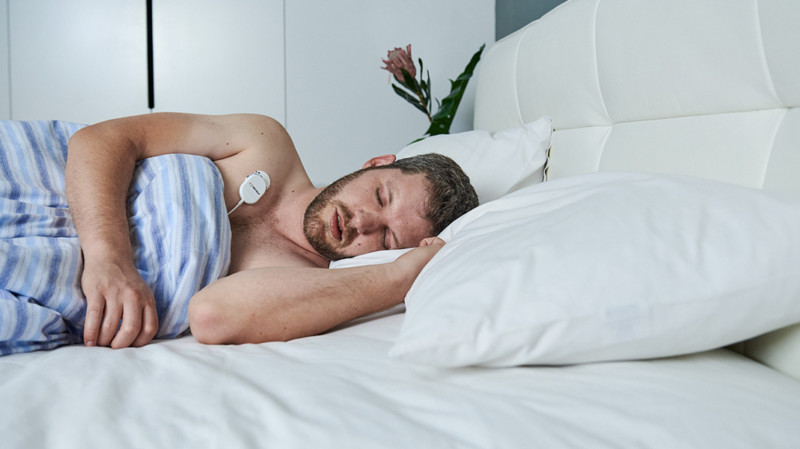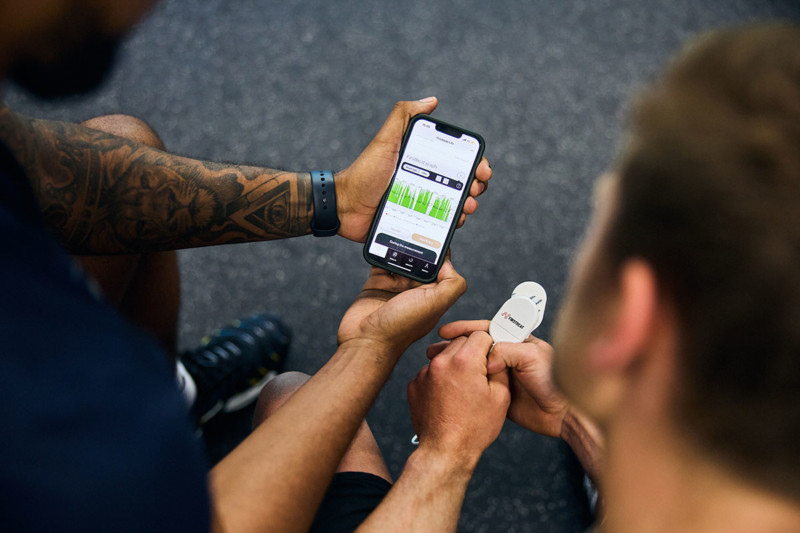
Last years have certainly been a roller coaster, with the pandemic continuously adding major twists and turns to life’s more normal ups and downs. Still, despite the ongoing challenges, life must go on and the start of a new year is a particularly fruitful time to do some reflection: think about the positives and negatives of the past year, write down some plans or dreams, and figure out what it takes for you to keep as well as possible.
In tough or uncertain life situations, hard resolutions, or strict resolve to do things differently is not necessarily the best path forward. Personally, I like to do some reflective writing – freely write down whatever comes to mind about the past year, then move past it and identify a few topics that are important to me right now. If you want to get some more tips for this kind of exercise, Nora Rosendahl has written a good article about one way of doing this.
Identify What the “Good” and “Bad” Choices Are for You
I especially like the idea of looking back with no judgment and then letting go, with gratitude – instead of shaming yourself or feeling guilty.
A reflective writing exercise can highlight relevant topics from any area of your life – it’s a personal exercise and there is no right or wrong way to do it. In this blog, I approach it from the viewpoint of daily wellness choices and the value of identifying a few core wellness principles. In one of my earlier blog posts, I prompted us to simply make more of the good wellness choices and less of the bad ones.
Although comprehensive wellness is not quite as simple as that, the basic principle is solid. The first challenge is to identify what the “good” and the “bad” choices are for you, which takes honest self-reflection.
- What are the things that keep derailing you - your stumbling blocks?
- What are the things that revitalize you and make you feel good?
- How’s the balance between them?
If you start making the bad choices less often, or less dramatically (for example, a couple of glasses of wine instead of the entire bottle…), you will likely start noticing the difference, without feeling like you had to give up all the good stuff. Little by little, the good choices can start feeling more natural and less like the “fun-killers” that they perhaps initially felt like.
Non-Negotiables vs. Nice-To-Haves Bring Clarity
Identifying a few of your core wellness principles (your non-negotiables) that you adhere to strictly, with little room to negotiate, can bring clarity to your life. These are the big ones – if you ignore them, you do not feel particularly good.
These non-negotiables might be things that you enjoy (meditate every day; eat a healthy breakfast; get some daily outdoor activity), or they might be “annoying necessities” that you wish you did not have to do but know better (eat a healthy breakfast; go to bed by 11 pm; no alcohol during the workweek).
What is enjoyable and what is a chore varies hugely between individuals, but it is worth your time to honestly pinpoint your own core principles. This can also give you flexibility with the “smaller stuff” – things you can experiment with, where it is not a big deal if you occasionally ignore them.
Life should not be an endless list of must-dos and strict guidelines – there needs to be some wiggle room and time to enjoy a variety of different things. Differentiating between the non-negotiables and the nice-to-haves can keep you from getting bogged down in the details
Learn What Works for You to Enjoy Life
We all have wildly different realities that make it harder to feel good, stick with the healthy choices, or see consistently good results. The main thing is to learn what works for you, make meaningful conclusions, and take action.
There is no set formula for perfect wellness, and we all have ups and downs. If you stick with your non-negotiables consistently and make time for things that bring you joy, you will increase the odds of getting it right. You will still sometimes have tough days, get frustrated or lose the balance for a bit, but hopefully you will also enjoy life more often.
For me, quality sleep is non-negotiable #1. I must make a lot of choices to support it, even though it is not always fun to make such a big deal of it. I won’t shame myself if I have a beer with sauna on the weekend or watch a late movie with my family occasionally, but most of the time, I follow a strict sleep routine. Outdoor activity is another non-negotiable for me and it rarely feels like a chore - it makes me feel better. However, if I didn’t prioritize it, there would certainly be times (tired, -20C outside, pouring rain…) when it would be too easy to negotiate my way out of it.
Use Data in a Meaningful Way

Figure 1. Workday followed by an evening at home and a long sleep. Stress-recovery balance was 66/100 (boosted by daytime recovery), physical activity 100/100 and restorative effect of sleep 51/100 (good duration, but quality not great).
Firstbeat Life data has increased my understanding of what works for me – put things in perspective and focus on what I can affect. The example above was a good Friday: well-structured workday with recovery (green) in the morning while working, outdoor exercise after work followed by a relaxing sauna, a nice evening at home, a movie, and reading right before bed.
Yet, my sleep was only so-so. I cannot think of much that I could have “done better” that day, and instead of getting wound up and trying harder to perfect my next day, I chose to be grateful that I had a good day and a long sleep.
This is also why I don’t collect wearable data all the time – for me, daily sleep data is not a wellness or confidence booster. Checking in periodically is extremely useful, but in-between measurements, I’m better off focusing on living, making good choices, and listening to myself. This is just me – for others, daily data can be a big motivator. Find what works for you.
Here’s wishing for an interesting, insightful and energizing 2022!
Want to feel more balanced but don’t know where to start? Learn how Firstbeat Life could help you to make small daily choices to improve your overall wellness.
You might also be interested in

Notifications on Poor Recovery: Take a Proactive Approach to Your Health
Physiological data can reveal how your body is coping with everyday life. But how do you know when you need to address certain issues? Personalized notifications in the Firstbeat Life solution let you know when your measurement results need extra attention.

Building Physical Activity Into Your Days in Lockdown and Beyond
The health benefits of exercise are powerful, and yet, too many do not make a habit of it. 2020 moved people into lockdown and remote work, and the problem of…

How to Get Good Quality Sleep: Your Questions Answered
This blog focuses on some common topics and questions surrounding good quality sleep. The Q&A is based on questions received during our Sleep webinar with Sleep Expert and Author Dr….


